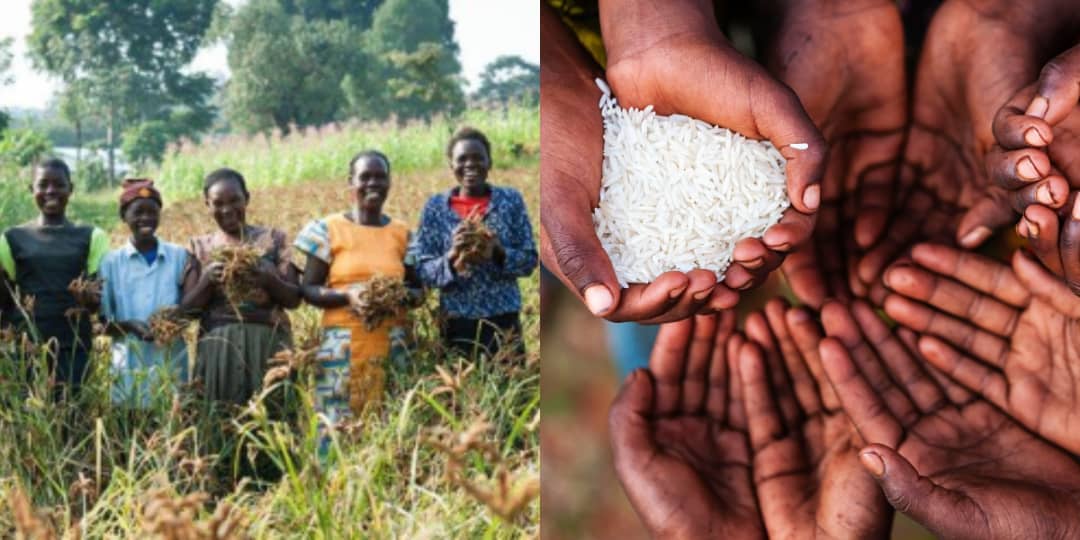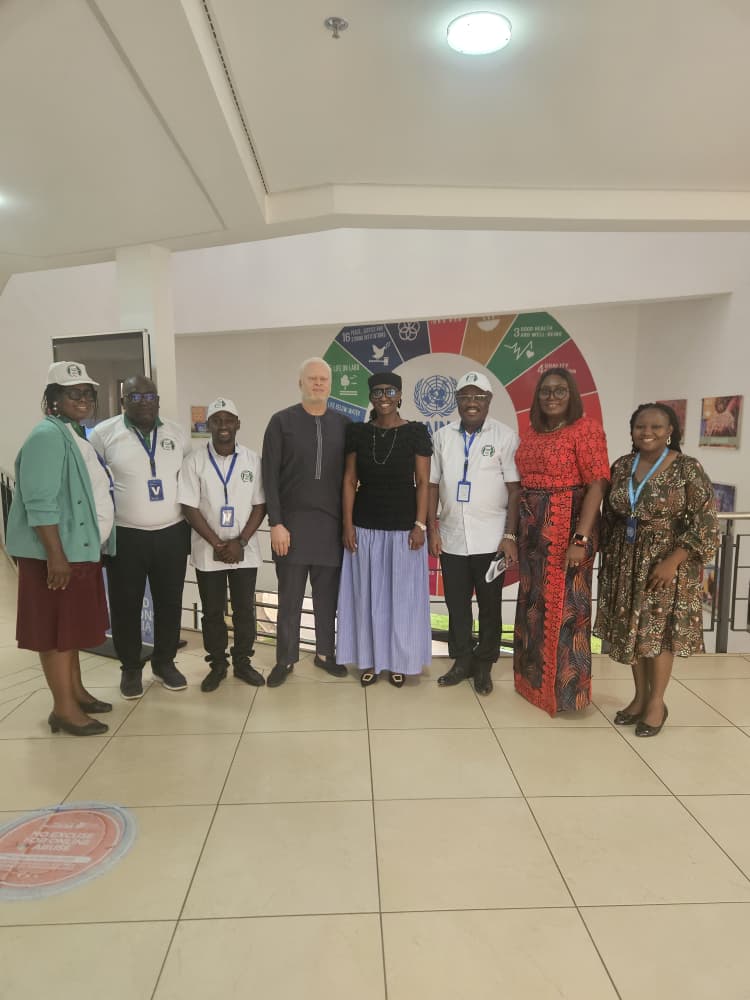World Food: Youth as Nigeria’s Hope for Food Security — CJAN Calls for Action
As the world marks World Food Day 2025, the Corpers Journey Advocacy Network (CJAN) has urged the Federal Government to expand support for youth agripreneurship and integrate agricultural innovation into national service programmes to strengthen Nigeria’s food security system.
CJAN, a youth-led initiative promoting leadership, national service, and sustainable development among Nigerian graduates and NYSC members, made this call against the backdrop of new projections showing that over 30.6 million Nigerians are at risk of acute food and nutrition insecurity during the 2025 lean season, according to the Food and Agriculture Organization (FAO) and World Food Programme (WFP).
The organisation expressed concern that the worsening hunger crisis—coupled with high food prices, climate pressures, and limited youth engagement in agriculture—poses a threat to national stability. It noted that although agriculture employs roughly 30.1% of Nigeria’s total workforce (about 25 million people), youth participation in the sector remains disproportionately low.
Quoting recent data from the International Labour Organization (ILO), CJAN observed that Nigeria’s youth unemployment rate stands at 6.5% in 2025, but underemployment and informal work continue to mask the true scale of joblessness among young people.
Taiwo Ajayi, Managing Director of the Corpers Journey Advocacy Network, said the organisation is championing policies that will give young Nigerians—especially NYSC members—greater access to land, credit, training, and digital tools to pursue sustainable agribusiness.
“We believe corps members can be the new drivers of food security if properly empowered,” Ajayi stated. “Government must shift from rhetoric to results by investing in youth-led agricultural innovation, processing, and technology.”
Ajayi added that linking NYSC service to practical agricultural projects could help reduce rural unemployment and boost domestic food production.
He further called on the Federal Ministry of Agriculture and Food Security, the NYSC Directorate, and development partners to establish Youth Agripreneurship Hubs across the six geopolitical zones. According to him, such hubs would provide training, cooperative farming opportunities, and market access for thousands of young graduates annually.
Citing FAO and WFP data, CJAN highlighted that over 1.2 million Nigerians are projected to face Emergency-level hunger (CH Phase 4) in 2025—nearly double the figure recorded in 2024. The data also show that 5.4 million children and 800,000 pregnant or breastfeeding women are at risk of acute malnutrition, with 1.8 million expected to face severe malnutrition.
The organisation warned that without coordinated investment in youth agripreneurship, Nigeria’s annual food import bill, estimated at $4.7 billion, would continue to rise—further threatening the nation’s food sovereignty.
“Empowering one young farmer today secures food for hundreds tomorrow,” Ajayi added. “Nigeria’s path to ending hunger lies in mobilising her youth, modernising agriculture, and ensuring that every community can feed itself sustainably.”















Post Comment